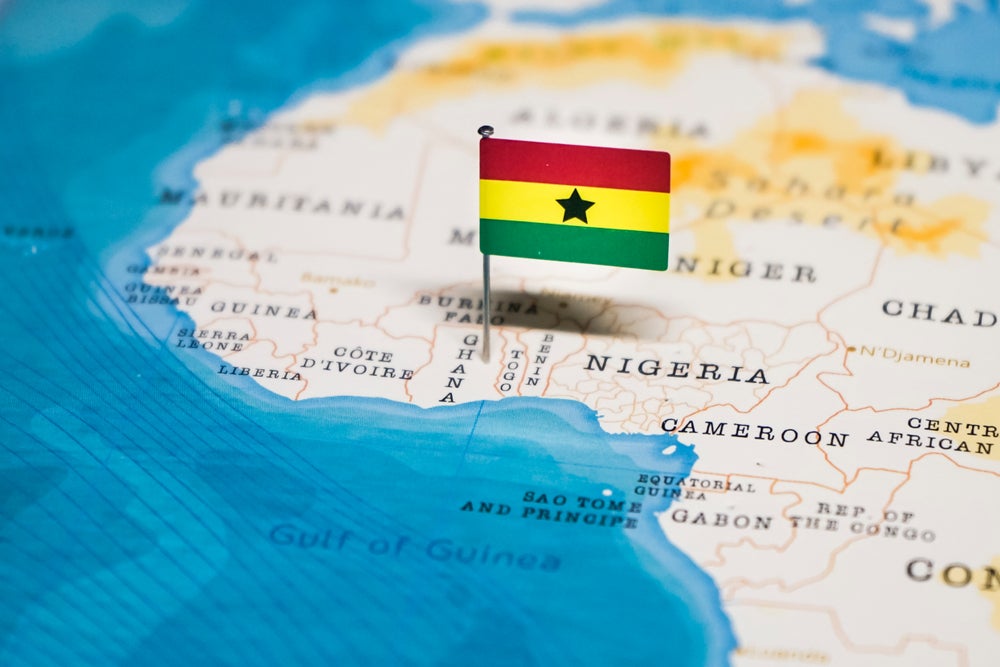
The establishment of this factory is the result of a collaborative effort involving public, private, and civil service sectors, with the aim of providing high-quality, cost-effective footwear products to consumers across Africa and global markets.
The factory is expected to produce over 5 million shoes designed for performance, environmental sustainability, and protection against diseases.
Through strategic partnerships with social service organisations and their innovative Wash&Wear humanitarian distribution model, World Shoe aims to make a direct impact on promoting public hygiene, vaccine uptake, and disaster response, while also aligning with government, charity, and health agency efforts.
World Shoe’s innovative footwear products have been developed as part of a comprehensive approach to address broader public health and environmental sustainability goals. These versatile shoes offer comfortable and breathable support in various climates and conditions.
Constructed using durable EVA foam and enhanced with antimicrobial and biodegradable agents, these shoes promote public health while also reducing waste and the environmental footprint associated with the footwear industry.
“More than half a billion people around the world do not have reliable access to quality footwear, leaving them vulnerable to injury and diseases that perpetuate a cycle of poverty,” said Kojo Taylor, president and co-owner of World Shoe Limited in Ghana. “We believe the new World Shoe factory will demonstrate how African innovation can propel African development and create change on a global scale.”
This factory launch aligns with the Ghanaian government’s commitment to fostering economic investment and fulfilling its global health partnership, as outlined in the WHO Kigali Declaration of 2022. The factory will be managed and operated by Ghanaians, contributing to local employment opportunities and import substitution.
Taylor continued: “By creating a model to provide people with affordable, high-quality, eco-friendly shoes, we can support education, health and economic outcomes while protecting the environment.”
Ghanian leaders believe the launch also sets a precedent for other countries looking to balance job creation, economic development, and essential public health objectives:
“We must do everything to make this initiative succeed as it creates employment for the local community. I’m also excited that this provides a huge import substitution that will help strengthen the local economy,” said Thomas Nyarko Ampem, the Member of Parliament for Asuogyaman Constituency, Akosombo.
World Shoe is the vision of Manny Ohonme, a businessman and philanthropist with roots in Nigeria, who said he personally understands the significance of a pair of shoes as he came from poverty: “Shoes give us dignity and allow us to realise our full human potential. From aid to trade, our goal is to leverage exceptional product design and manufacturing to deliver lasting positive change to people everywhere.”
World Shoe plans to make its products available in North America, Europe, and other regions at a price point that supports the organisation’s social enterprise and humanitarian initiatives.
Astor Chambers, vice president of marketing for World Shoe, Inc., and a veteran of major athletic footwear brands Nike and Adidas added: “We are fusing together a unique, sustainable product design with the ambition of a brand that stands for large-scale social good.
“This will appeal to socially conscious consumers everywhere and has the potential to revolutionise how we achieve greater health and economic equity.”



